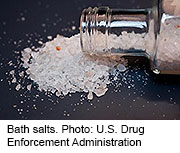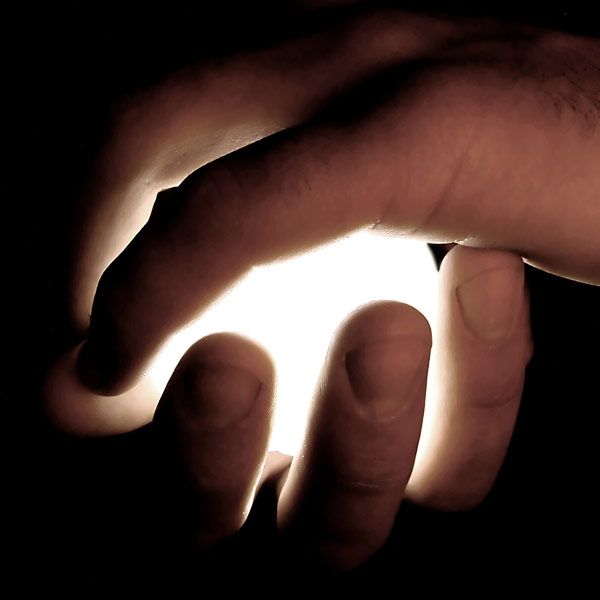
THURSDAY, July 26 (HealthDay News) — Street drugs called “bath salts” have a similar effect in the brain as cocaine and carry the same risk for abuse and addiction, a new study in mice has found.
Bath salts are synthetic stimulants that have become increasingly popular among recreational drug users in recent years. (The substances have nothing to do with the crystals you might sprinkle in a bathtub.)
In the new study of adult mice, University of North Carolina researchers found evidence that the effects of the bath salt mephedrone on the brain’s reward circuits are comparable to similar doses of cocaine.
The mice were implanted with brain-stimulating electrodes and trained to run on a wheel in order to give themselves a reward, which was direct stimulation of the brain pathways involved in reward perception.
The technique, called “intracranial self-stimulation” has been used in experiments since the 1950s, according to researchers. Prior intracranial self-stimulation studies have shown that one of the characteristics of addictive drugs is to make self-stimulation more pleasurable.
The researchers measured the rodents’ wheel spinning efforts before, during and after they were given various doses of cocaine or mephedrone. Like cocaine, mephedrone made intracranial self-stimulation more rewarding for the mice.
The study was released online in advance of publication in an upcoming print issue of the journal Behavioural Brain Research.
The findings support the idea that mephedrone and other bath salts may have a significant addiction risk, said study leader Dr. C.J. Malanga, an associate professor of neurology, pediatrics and psychology at the University of North Carolina School of Medicine.
“The effects of mephedrone on the brain’s reward circuits are comparable to similar doses of cocaine,” Malanga said in a university news release. “As expected our research shows that mephedrone likely has significant abuse liability.”
On July 9, President Barack Obama signed a law banning bath salts containing mephedrone or another stimulant, MDPV, in the United States.
Experts caution that while animal studies may be useful, they often don’t reproduce the same results in humans.
More information
The U.S. National Institute on Drug Abuse has more about bath salts.

